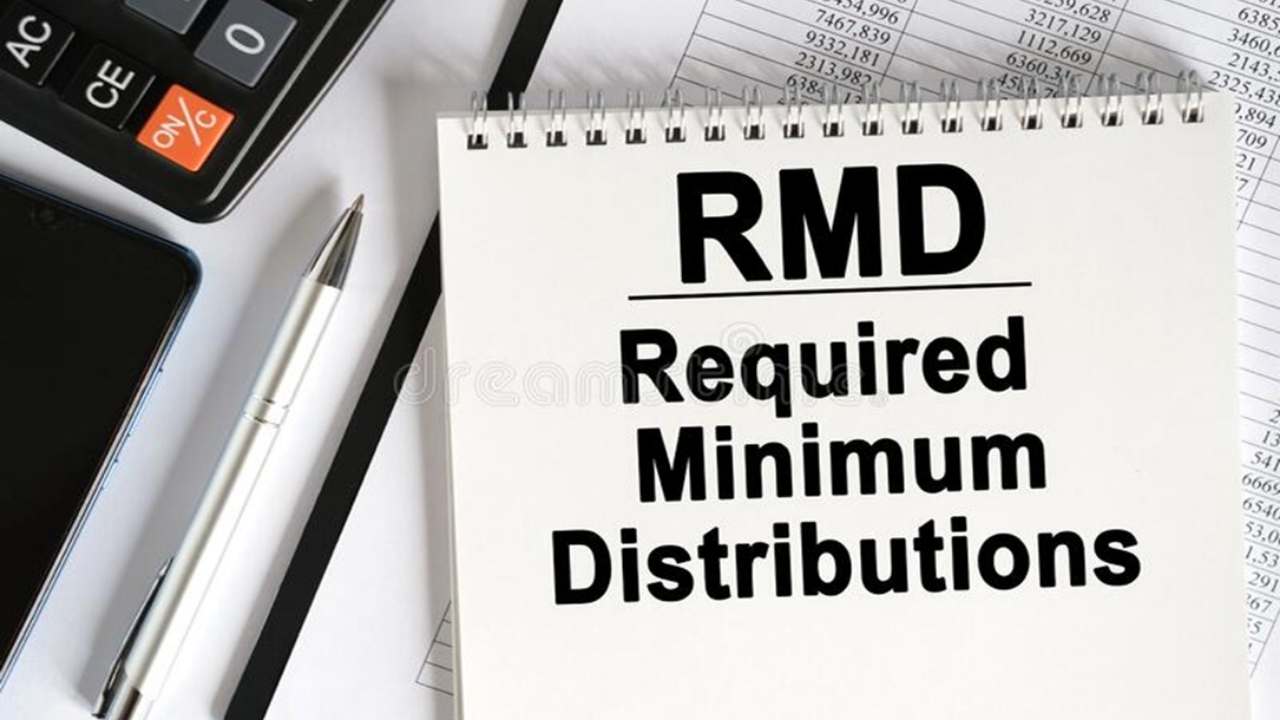In his American Families Plan, Biden called for $80 billion to boost resources at the IRS to ensure wealthy Americans and corporations pay the taxes they owe. The goal would be to use some of the revenue raised to help pay for programs like universal Pre-K, free community college and paid family leave.
And so, it begins. The IRS released new proposed life expectancy tables for calculating required minimum distributions (RMDs) from IRA and employer retirement accounts.

Anyone subject to annual RMDs both owners and beneficiaries will have to adjust to new calculations. While your custodian will use these new tables for your convenience, you the owner or beneficiary are responsible for using the correct tables.
Although the changes are modest, the new tables reflect an increase in life expectancy for both men and women consequently reducing the distribution amount.
Table Updates:
- The Uniform Lifetime Table. This table is used to calculate lifetime RMDs for an account owner’s own IRA or retirement plan.
- The Joint Life and Last Survivor Expectancy Table. This table is used instead of the Uniform Lifetime Table when a spouse is the sole IRA or plan beneficiary, and that spouse is more than 10 years younger than the plan owner or plan participant.
- The Single Life Expectancy Table. Eligible designated beneficiaries (EDBs) — a surviving spouse, a disabled or chronically ill individual, an individual who is not more than 10 years younger than the IRA owner, or a child of the IRA owner who has not reached the age of majority — may elect to use this table based on their age in the year after the IRA owner’s death.
There is always fine print when it comes to our money, Ed Slott and Co. (www.irahelp.com) share some of the specifics to be aware of:
The single life expectancy table is also used to calculate annual RMDs for beneficiaries who inherited prior to the SECURE Act in 2020. This table should never be used by original account owners for calculating lifetime RMDs.
The RMD is required in 2021; you are allowed to postpone that RMD up to April 1, 2022, then you will be required to make two RMDs in 2022. If you choose that option, you are required to use the pre-2022 table for your first RMD. You would use the new table for your second RMD, which is required by the end of 2022.
Starting in 2022, you can no longer use the same factor you had been using to compute your required RMD. You must reset that factor based on the new single life expectancy table. Your new factor will be based on your age when you initiated making RMD withdrawals.
For example, Tom was age 26 when he started taking RMDs would have used a factor of 57.2 initially and subtracted one each year after that to determine his RMD. The revised factor for a 26-year-old in the 2022 table is 59.2 (revised life expectancy). Assume it has been six years since he has been taking RMDs. In 2022, he should subtract 6 from 59.2, and use 53.2 as the new factor in 2022. In 2023, he would subtract one and use 52.2 as the new factor in 2023.
Tables for 2021 are available from IRS Publication 590-B. Tables for 2022 are available from the Federal Register.
Setting up IRAs for yourself or the kids before the year ends? We can do one better, check-out this brief video about our Fund 3 https://youtu.be/3B0xyX3XlAE invest today and we’ll pay to set up your IRA with our referral partner the IRA Club. Contact Sam Ally our VP of Investor Relations to learn more @ s.ally@hiscapitalgroup.com 877-452-6569 extension 115.





Can you be more specific about the content of your article? After reading it, I still have some doubts. Hope you can help me.
I don’t think the title of your article matches the content lol. Just kidding, mainly because I had some doubts after reading the article.
Thank you for your sharing. I am worried that I lack creative ideas. It is your article that makes me full of hope. Thank you. But, I have a question, can you help me? https://www.binance.info/en-IN/register?ref=UM6SMJM3
Can you be more specific about the content of your article? After reading it, I still have some doubts. Hope you can help me. https://www.binance.info/vi/register?ref=WTOZ531Y
Can you be more specific about the content of your article? After reading it, I still have some doubts. Hope you can help me.
Your article helped me a lot, is there any more related content? Thanks! https://www.gate.com/share/XwNAUwgM
Thank you for your sharing. I am worried that I lack creative ideas. It is your article that makes me full of hope. Thank you. But, I have a question, can you help me?
I don’t think the title of your article matches the content lol. Just kidding, mainly because I had some doubts after reading the article. https://www.binance.info/register?ref=P9L9FQKY